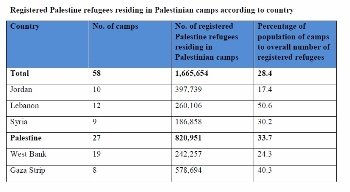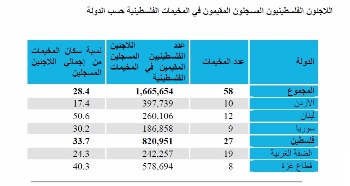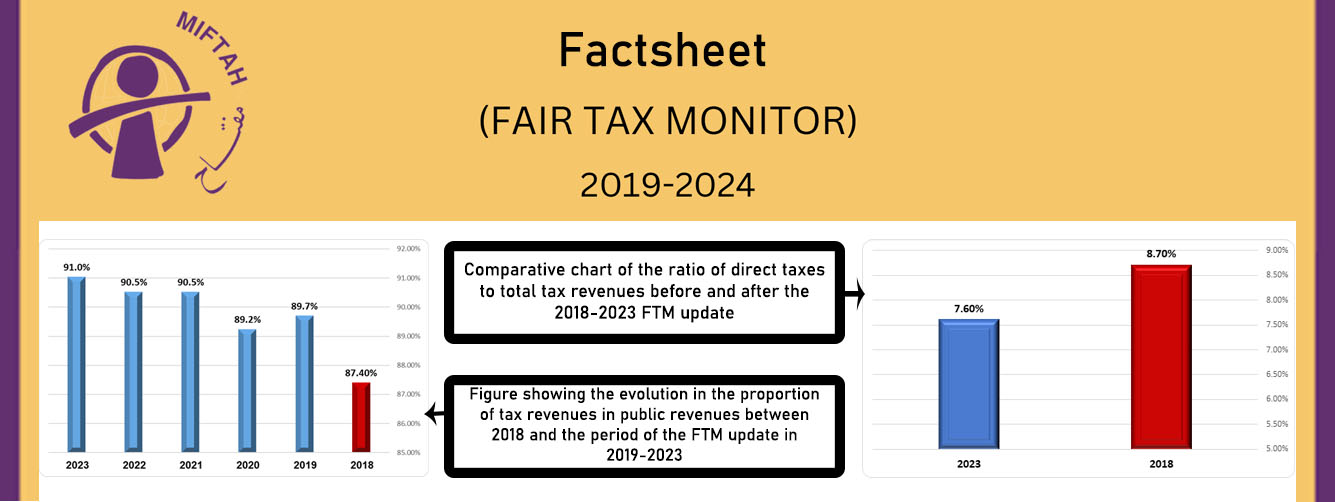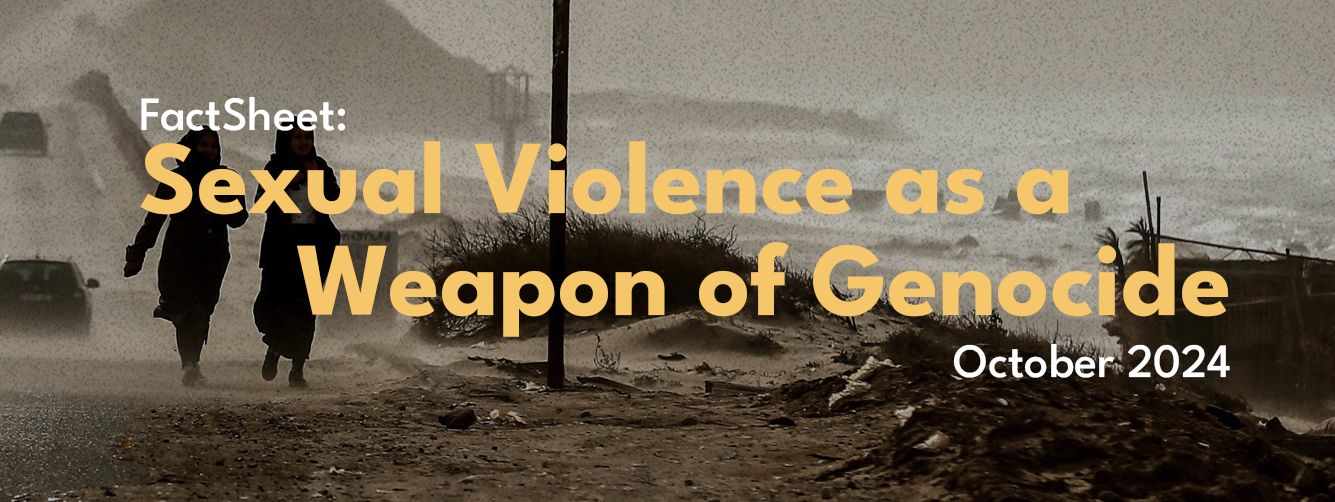
This month marks the 72nd anniversary of the Palestinian Nakba [Catastrophe], which saw the expulsion of Palestinians from their homes in 1948. It also signifies the ongoing suffering of Palestinian refugees since then, who continue to live in camps inside Palestine and in the Diaspora. Throughout this time, there have been continuous attempts to eradicate their cause and nullify their individual and collective right to return to their original homes. These efforts have taken on a new intensity in light of the US-designed “Deal of the Century” which aims to eliminate the entire Palestinian cause, first and foremost the refugee right of return, which is considered the backbone of the Palestinian cause and the foundation of any just solution to the conflict.
The UN protected the right of return for Palestinian refugees to their original homes and villages immediately after their expulsion in UNGA Resolution 194. This resolution is reaffirmed annually in various UN sessions, granting it a solid position in binding customary international law.
The Palestinian refugee cause is considered one of the most complex international causes, something which prompted the UN to issue Resolution 302 on 8/12/1949 stipulating the establishment of UNRWA, an independent UN international agency with a mission to care for and rehabilitate Palestinian refugees in their five areas of refuge (the West Bank, Gaza Strip, Jordan, Syria and Lebanon). The existence of an international UN agency that specializes in offering support to Palestinian refugees is extremely important given that it expresses the continuation of the international community’s responsibility towards these refugees and keeps their cause alive at the international level. It also distinguishes Palestine’s refugees from other refugees in the world who fall under the jurisdiction of UNHCR, thus preserving the exclusivity of their cause.
In this context, Israel and more recently, the United States, have sought to undermine the existence of UNRWA including cutting funding and inciting against it with the ultimate goal of dissolving the agency and ending international commitments to Palestinian refugees and their cause.
The struggle and resistance of the Palestinian people has contributed to turning the refugee cause into a political one, based on the right of the Palestinians to self-determination and liberation from Israeli settlement colonization, rather than being framed as a mere humanitarian and relief cause. This prompted the UN to adopt dozens of resolutions pertaining to the right of return for Palestinian refugees.
There is no doubt that the Nakba of the Palestinian people is ongoing due to Israel’s continuous colonialist and long-term policies based on a premise of expelling the people and settling the land. Since Israel expelled over 66% of the Palestinians in 1948, it has not stopped employing these same policies, which led up to the 1967 “Naksa” (or setback) which in turn displaced around a quarter of a million Palestinians. Israel’s forced expulsion of Palestinians has continued in several ways since then.
Following are Israel’s most employed forced expulsion policies:
- The widespread use of war crimes with the objective of expelling Palestinians from their land such as during the 1948, 1956 and 1967 wars. These resulted in the destruction of over 500 villages, the depopulation of several others such as Deir Yassin and Kufr Qassem and in Israeli massacres of indigenous Palestinians such as in the village of Dawaymeh. The outcome has been one of the most complicated refugee problems in the world in addition to creating thousands of internally displaced Palestinians.
- Manipulating legal personal status inside the occupied Palestinian territories in a manner that deprives ordinary residents or those with the right of residency to live in their own homes.
- Discriminatory urban planning which encourages Jewish settlement expansion and inhibits Palestinian construction in certain areas such as Jerusalem, the Jordan Valley and the Negev Desert. Due to this policy, homes and entire villages are demolished under the pretext of “illegal construction.”
- Stripping Palestinians of their properties according to discriminatory laws and regulations resulting in the forced evacuation of families from their homes.
- Expulsion under security pretexts and military emergency law. This method has been widely used in the Palestinian territories since the start of the occupation and continues to be used to this day.
- Creating intolerable circumstances in certain areas that eventually prompt residents to leave their homes and move to other areas.
To View the Full Factsheet as PDF








